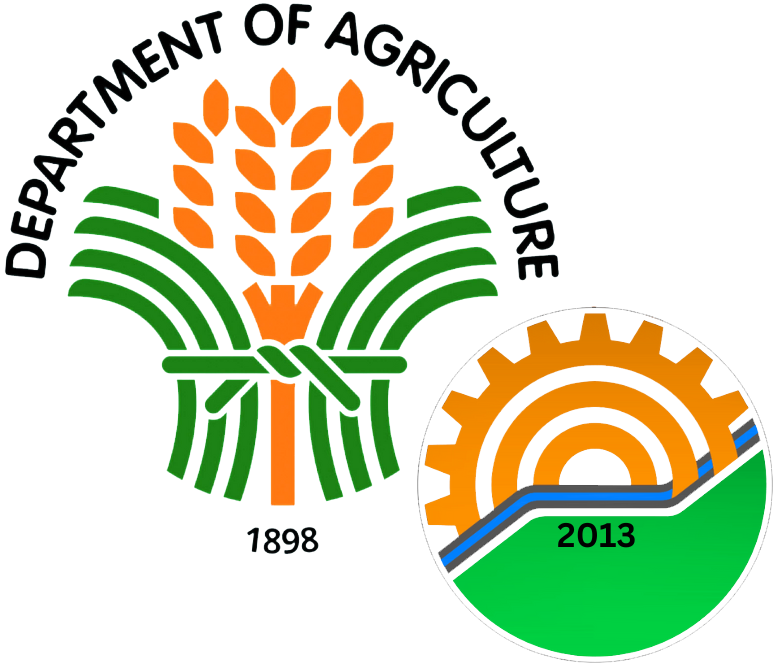

DEPARTMENT OF AGRICULTUREBUREAU OF AGRICULTURAL AND FISHERIES ENGINEERINGSugar Center, Annex II Building Extension, North Avenue, Diliman Quezon City




The Department of Agriculture – Bureau of Agricultural and Fisheries Engineering (DA-BAFE) recently hosted an inception meeting to launch a joint initiative focused on bolstering the mechanization of rice and corn production.
The BAFE-FAO Project, TCP/PHI/3907, titled “Improving Capacities on the Adoption of a Harmonized Mechanization Index,” aims to streamline and enhance mechanization processes across rice and corn production, addressing longstanding challenges within the agricultural sector.

Ms. Jasmine Magtibay, FAO Programme Assistant, shed light on the project’s inception earlier in the year following a request from DA-BAFE. Upon receiving the proposal, FAO promptly drafted project documents and enlisted a team tasked to support DA-BAFE in executing project-related activities. “We look forward to a fruitful collaboration with BAFE, marking FAO’s inaugural TCP project. This partnership with BAFE is a promising milestone for FAO,” Magtibay said. The project’s expected end date is December 2024.
The TCP/PHI/3907 project aligns with government priorities and Sustainable Development Goals (SDGs), focusing on poverty alleviation, food security, gender equality, and fostering strategic partnerships.
DA-BAFE Director Ariodear Rico was enthusiastic about the bureau’s first foreign-assisted project. He underscored the significance of mechanization in aligning with President Ferdinand Marcos Jr.’s strategy to boost agricultural production through consolidation, mechanization, and infrastructure development, among others.
Director Rico highlighted the “need to rationalize the distribution of farm machinery among various DA agencies”—an issue that the DA-FAO project seeks to address. This collaborative project will entail creating an inventory and distribution map of agri-fisheries machinery nationwide, with a special emphasis on establishing a unified mechanization level index for use by local government units in crafting their respective Provincial and Municipal Agricultural Mechanization Plans, said Director Rico.
The level of mechanization (LOM) is a determinant of average crop yields and an indicator of farm mechanization’s progress in the Philippines. LOM assumes a pivotal role in rationalizing the acquisition, distribution, and utilization of mechanization technologies for the optimal utilization of resources, Director Rico explained.
Historically, the Philippines has trailed behind other Asian countries in terms of mechanization. As of 2013, the mechanization index stood at 2.31 for rice-based farming systems and 1.23 for all crops. Hence, the Philippine Development Plan (PDP) 2023-2028 underscores mechanization as a pivotal strategy for boosting growth in the agricultural sector.
The creation of the Technical Working Group (TWG) for the Determination of the Level of Mechanization (LOM) in rice, corn, and sugarcane (as directed by DA Special Order No. 168 issued on February 15, 2023) has advanced the development of LOM.
The LOM TWG emphasized on harmonizing LOM for rice and has fostered collaboration with BAFE, PhilMech, PhilRice, UPLB, and PCAF. Thus far, three distinct LOM computation methods have been identified: Total Power Available index adopted by PHilMech Mechanization Index, UPLB – Modified Agricultural Mechanization Index (MAMI) computing for power utilization in the farm, and Energetics method adopted by PhilRice. The LOM TWG underscored the compatibility of these separate indices, their unique strengths and weaknesses, and suitability for diverse applications.
This multifaceted approach, involving both international collaboration through the FAO partnership and domestic coordination through the LOM TWG, underscores the Philippines’ commitment to modernizing its agricultural sector through efficient mechanization processes. The convergence of efforts promises a more competitive and resilient agricultural landscape for the country. ###DA-BAFE ICTST
Edited by: Mr. Marshall Louie Asis, MC
Report by: Engr. Benjamin Baradi III
As of
As of
As of




All contents are in the public domain unless otherwise stated.
Learn more about the Philippine Government, its structure, how Government works and the people behind it.

Sugar Center, North Avenue, Diliman, Quezon City.
